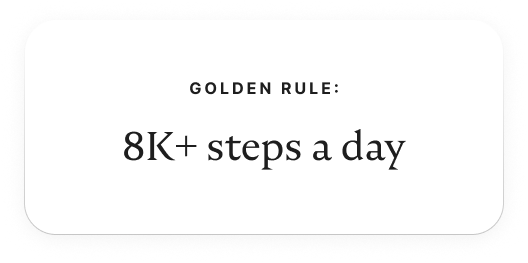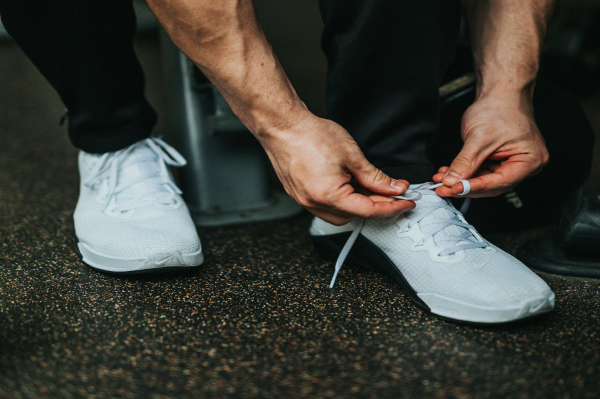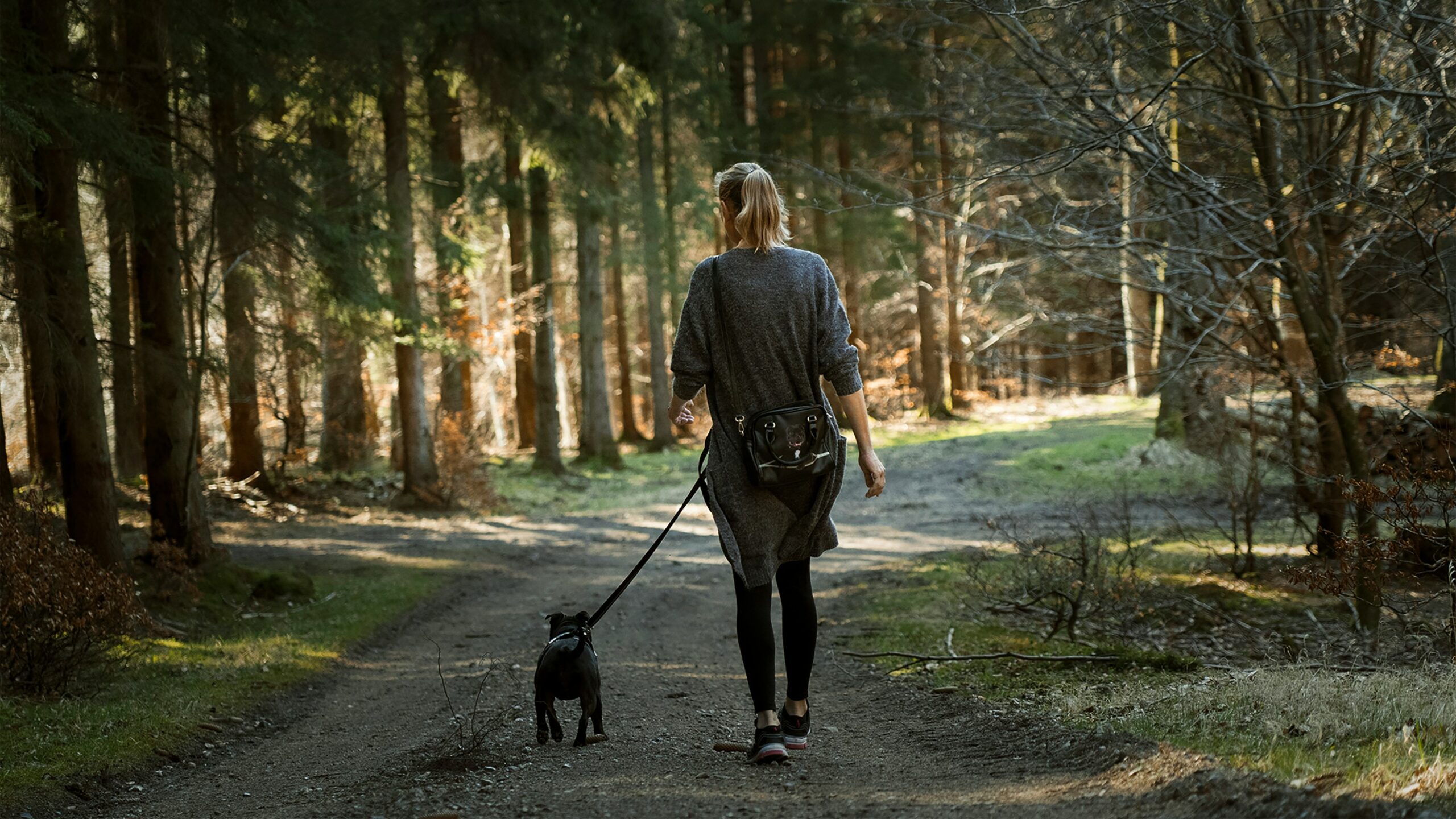The Foundational Five
At Clay, we believe lasting health is built on a strong foundation. That’s why I focus on helping every Clay Member develop consistent routines around what we call The Foundational Five: Protein, Daily Steps & Movement, Hydration, Quality Sleep, and a Metabolic Reset. These key habits drive your energy, improve resilience, and enhance performance—no matter your current health status or long-term goals. Each one is simple, powerful, and fully within your control.
Increase Your Daily Steps: A Practical Guide

Why Steps Matter
Movement is the cornerstone for health, longevity, and recovery. Walking daily boosts blood sugar control, aids digestion, and supports active recovery all supporting metabolic health.
Here’s one sample outline to help you get started on finding ways to get your 8K+ steps a day.

Morning: 2,000 Steps
Start your day with a 15-minute walk—ideally before breakfast, in a fasted state. This low-intensity movement helps kickstart circulation, clears the mind, and taps into fat as a fuel source, supporting metabolic flexibility. At Clay, we build this into morning routines because it’s simple, accessible, and powerful. No gear. No gym. Just you, your body, and a commitment to moving forward—literally and metabolically.

Workday: 2,000 Steps
Movement doesn’t have to wait for the gym. During the workday, we aim for another 2,000 steps—layered into the rhythm of your routine. Here are some small ways to rack up those mid-day steps:
- Walk during meetings
- Take movement breaks each hour
- Choose stairs over elevators
- Park a little farther than usual
- Step outside for meetings & calls
- Utilize a treadmill desk
At Clay, we emphasize stacking small wins throughout the day—because yes, even the long route to the bathroom counts. It’s not about intensity here; it’s about consistency, circulation, and keeping your metabolism awake while you work.

Post-Meal: 2,000 Steps
After you eat, move. A quick 10-minute walk after meals—especially lunch or dinner—can help stabilize blood sugar, improve insulin sensitivity, and support digestion. At Clay, we lean into this as one of the simplest, most effective habits for metabolic health. You don’t need a workout—just a stroll around the block with a coworker, or some steps while you catch up on a podcast. Small actions, done consistently, change how your body processes fuel. This is one of them.

Evening: 2,000 Steps
As the day winds down, walk it out. An evening walk—whether it’s with family, the dog, or just your own thoughts—helps shift your body into recovery mode. It lowers stress hormones, supports digestion, and signals your nervous system that it’s time to slow down. At Clay, we view this as more than a step count—it’s a reset. The light’s softer, your pace is slower, and your mind has room to process the day. This simple habit reinforces your circadian rhythm and sets the stage for better sleep and next-day performance.


